AIATSIS has launched its first-ever podcast series, Voices of Power.
Produced in association with the Churchill Trust, over six episodes the series explores critical stages in the fight for First Nations rights and self-determination and for meaningful representation in places of power.
Indigenous Churchill Fellows from around Australia share their views on the key influences that have shaped Australia’s history and propose what a strong future for First Nations Australians should look like.
The series is narrated by legendary singer/songwriter Vic Simms (Bidjigal) and each episode is introduced by AIATSIS CEO Craig Ritchie (Dunghutti/Biripi). Craig is himself a Churchill Fellow, and in conversations with the Trust it was recognised that there is a cohort of strong Indigenous Churchill Fellows. That formed the genesis of the project and from there AIATSIS drew on such collective and individual knowledge and experiences to put together this podcast series.
In the first three episodes, available now, Michelle Deshong, Cara Kirkwood, Parry Agius, Hannah McGlade and Donisha Duff address the topics of standing up for rights, creating new futures with First Nations and leadership models, and the role of treaties and truth-telling.
In their own words
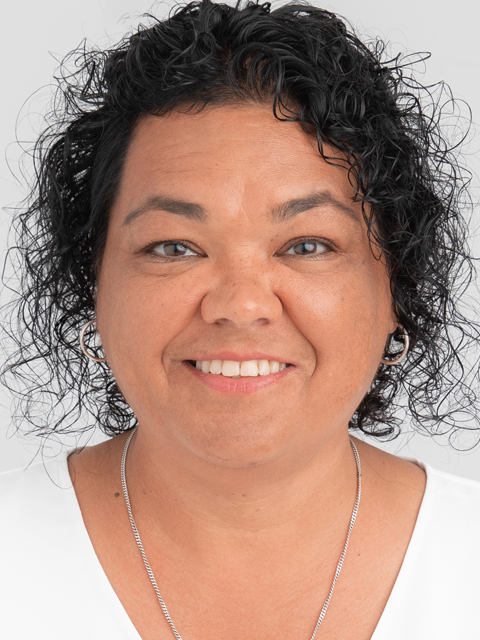
Michelle Deshong (Kuku Yalanji, AIATSIS Council member):
‘Even the mere fact of settlement itself and the perspectives around whether people saw evidence of a “civil society” in itself speaks volumes about the disregard for the intrinsic nature of our culture.
‘Within our tribal nations there's a really complex level of knowledge and experiences and systems and processes that create the opportunity for nations to survive.
‘The civil rights movement also helped us to make huge leaps in terms of the way that Aboriginal and Torres Strait Islander people were regarded and their involvement in the Australian society became really important in that 1960s period with things like, the electoral act being brought in so that Indigenous peoples could have a right to vote.’
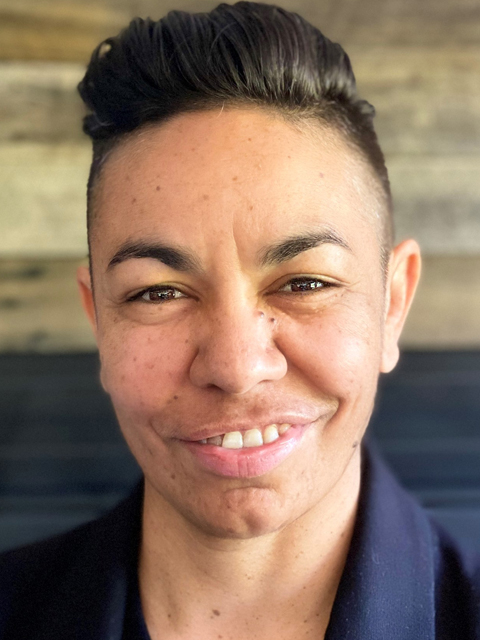
Cara Kirkwood (Mandandanji):
‘To think about sovereignty brings me back to two words that I linger on intensely in my mind often and it's terra nullius … those two words that have completely defined us in almost a kind of strange bubble where we were here. It's like this great lie, because we were here.
‘You think about the Freedom Ride, what we had was a group of Aboriginal people and the fear held in people, but then conversely, the courage and bravery to get on a bus and head into towns you knew people were gunna hate your guts.
‘That freedom bus trip changed the capacity for white people to vote for the referendum in '67 and that was a massive swing.’
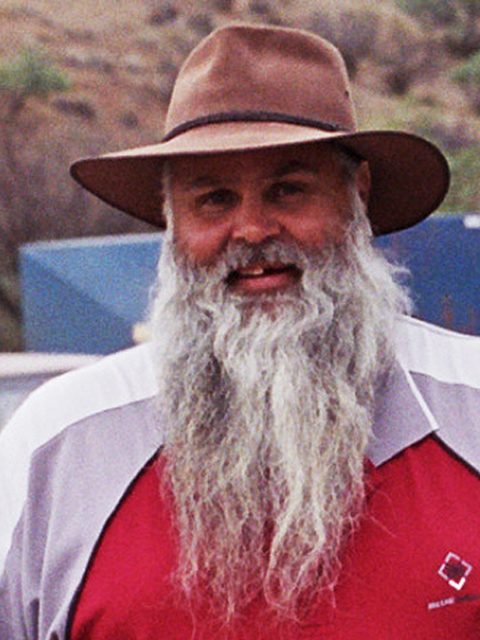
Parry Agius (Ngarrandjeri/Narungga/Andynamathanaha/Ngaduri/Wirangu):
‘The governance that we learned was from a superintendent, a singular person who is responsible for a mission. And then that person was responsible to a state act, the Aboriginal protector’s act, and each state had their own legislation.
‘So, the decision-making by the Aboriginal people … became inactive in the governance of the community.
‘But the individuals … would've been practicing family-type practices that they brought from pre-contact and into mission life.
‘The people in the desert country didn't meet a non-Aboriginal person till late in the 1800s. And so they were able to bring their learnings, their teachings, their laws, their customs … those systems were still being able to be practiced and weren't interfered with.’
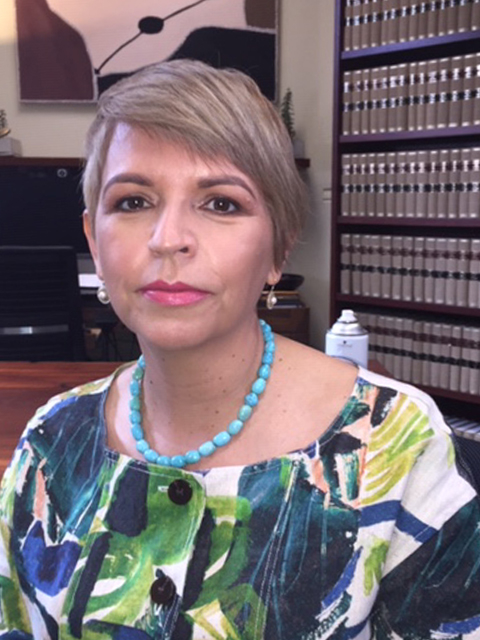
Hannah McGlade (Noongar):
‘We know what intergenerational trauma is, we know what happened to people removed under the past policies.
‘I'm really, obviously concerned in my work about mass incarceration of Aboriginal people and child removal which is at such high levels, it exceeds the level of child removal under the history of the Stolen Generations by far and the experiences of great many children is quite painful and certainly not care.
‘So, the response is not to support Aboriginal women on part of the Australian state, but to actually criminalise and punish women and it's been known for a long time now that Aboriginal women are the fastest-growing prison population in Australia and are the most over-represented group in the criminal justice system.’
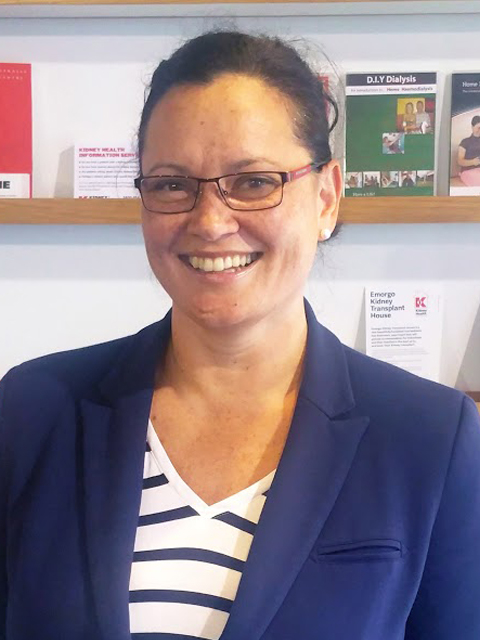
Donisha Duff (Thursday Island/Yadhaigana/Wuthathi):
‘The Aboriginal protection act here in Queensland, which actually moved people onto missions, stopped people practicing culture and language.
‘So, if you're talking about attempts to completely break down a culture and society, that's completely destructive. That has lasting legacies on communities now in Queensland.
‘[The Mabo decision is] still a landmark for Torres Strait Islanders in terms of recognising something we always knew. We always knew we had land rights. We always knew we had intergenerational recognition of land rights. That's how we lived.
‘Just the High Court recognising it served as legally, western systems of legal recognition, finally accepted that this was the way culture and practice and … handing down of land happened in families.’
Voices of Power is available via your favourite podcasting platform or from the AIATSIS website where you can find transcripts, speaker bios and other resources.
#VoPaiatsis
Media enquiries: commsmedia@aiatsis.gov.au or 0476 843 522
